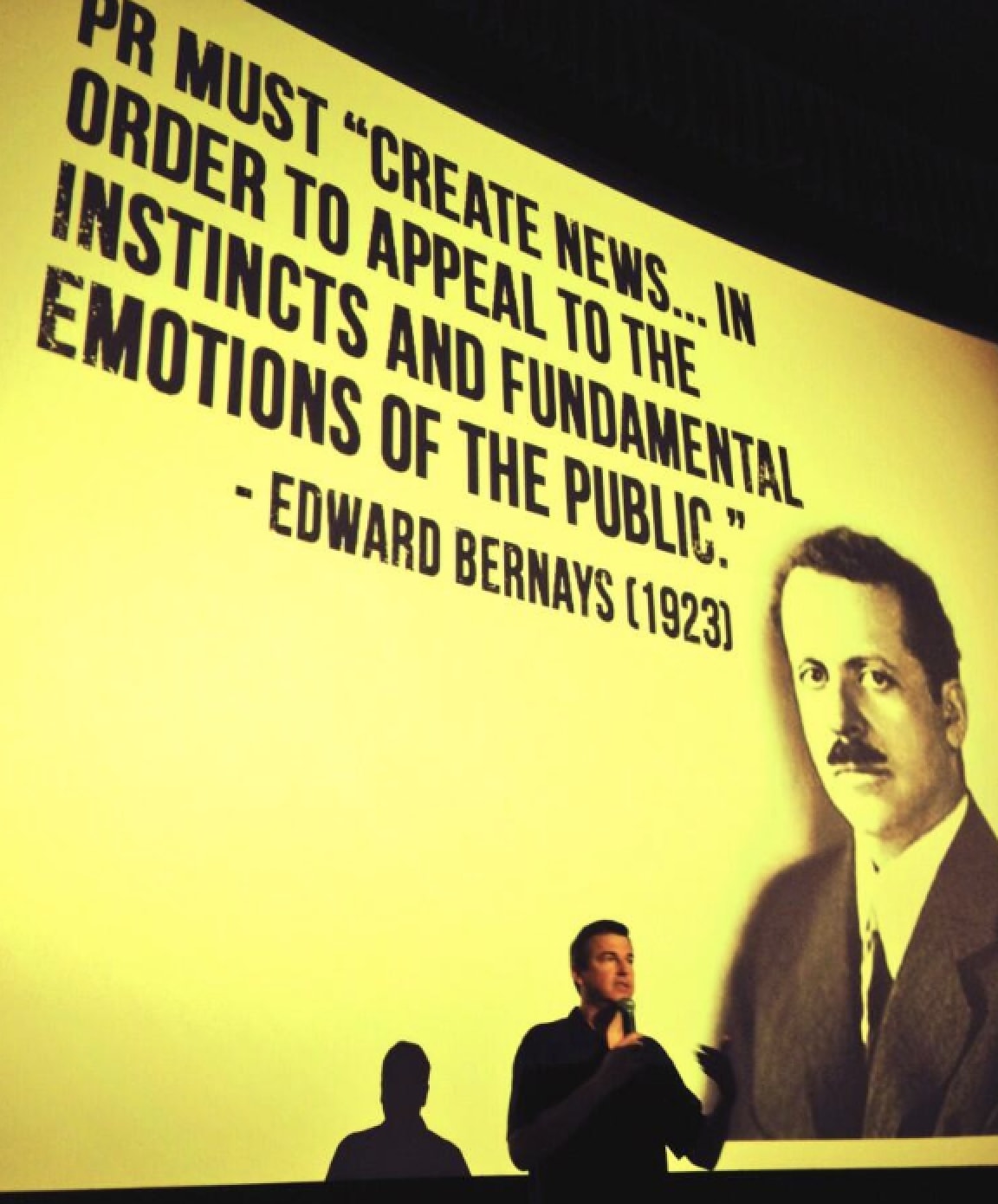The PRSA defines public relations as "a strategic communication process that builds mutually beneficial relationships between organizations and their publics."
If that definition sounds like it was written by committee, it's because it was. Unfortunately, while I appreciate the sentiment, this definition is at once overly broad and excessively narrow. It encompasses virtually every manner of business relationship -- while confining the definition of PR to relationship-building.
That's not the best definition of modern public relations to me. But what is the best way to describe modern PR?
If you look closely at the way many public relations firms describe themselves today, it's like you're staring at the hole in a doughnut.
Agencies describe themselves as "modern PR firms" or "progressive PR firms"—as Golin does, for example.
Or they portray themselves as integrated agencies that are "PR first" or "earned first," as Ogilvy does.
But these definitions fail for a couple of reasons.
First, watch Golin's video unveiling its progressive PR positioning:
OK, now ask yourself, "What does this video even say?"
"We own an advertising agency -- not the other way around," the narrator intones.
So what? Should a client care about your ownership structure? Which entity is a subsidiary and which isn't says nothing about what you're about, why you're different and how you help clients.
Similarly, Ogilvy says it's important to put PR first, but it's a self-interested sentiment, not a client-focused statement. Your clients don't care whether PR or marketing or neon billboards "come first" or get the credit -- they just want results.
And the bottom line is that "earned first" is just putting a PR-friendly coat of paint on a standard integrated agency model.
What exactly is so "modern" about "modern PR" anyway?
A more honest, and more helpful, approach is that taken by the brilliant Gini Dietrich with her PESO model, which recognizes that paid, earned, shared and owned media are all important today and that's it's not about which one is first. At heart, it is an integrated marketing model, rather than a PR model. And Gini has done exceptional work in helping PR people to modernize their practices through integration.
I discuss the PESO model with Gini here.
The thing that continues to trouble me, as an advocate of PR as a profession, is that when you start extending the definition of PR beyond media relations, what is truly unique to PR? What makes public relations its own strategic discipline and management function rather than simply another tool in the marketer's toolkit, no different from SEO or conversion rate optimization or digital advertising?
My framework for modern public relations begins with an updated definition, centered on a specific objective: earning trust.
I summarize the framework as follows:
- PR is the art of securing trust at scale;
- Gaining an in-depth understanding of what inspires trust in specific audiences is PR’s most important strategic responsibility;
- PR practitioners must master and deploy an evolving set of tools -- "trust signals" -- to secure audience trust.
I realize that creating a new, modern framework for PR might seem like an ambitious goal, but it's one we must undertake. And the best place to start is with PR's definition and scope.
It harkens back to the original objectives for the profession set by Edward Bernays. Bernays, whose uncle was Sigmund Freud, wanted to elevate public relations to the status of a true profession, like law or medicine, built on the science of understanding what makes people tick.

I think it would be sufficient if the modern PR firm could simply become better than any other type of agency at understanding what makes buyers, and other audiences, trust.
Suffice it to say that PR cannot remain anchored solely to the news media. It cannot attempt to be all things to all people, either.
Public relations should be about achieving one durable goal: trust. And PR agencies should be at once the most voracious students and the most learned teachers in educating clients on the importance of trust and how to secure it at scale.
Leave a Comment